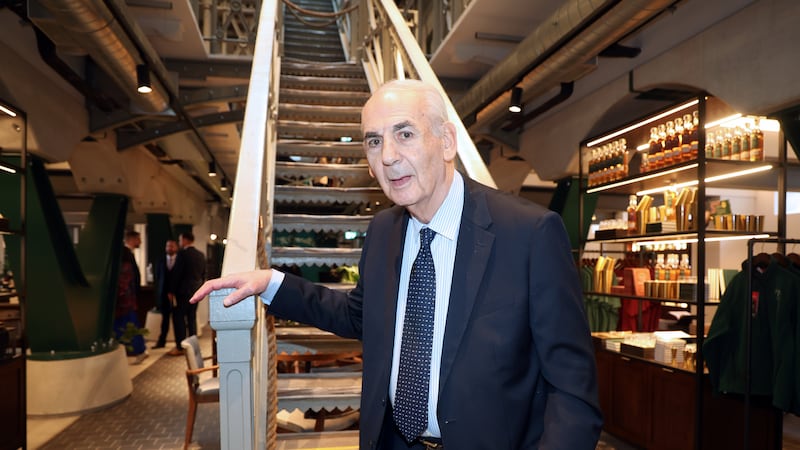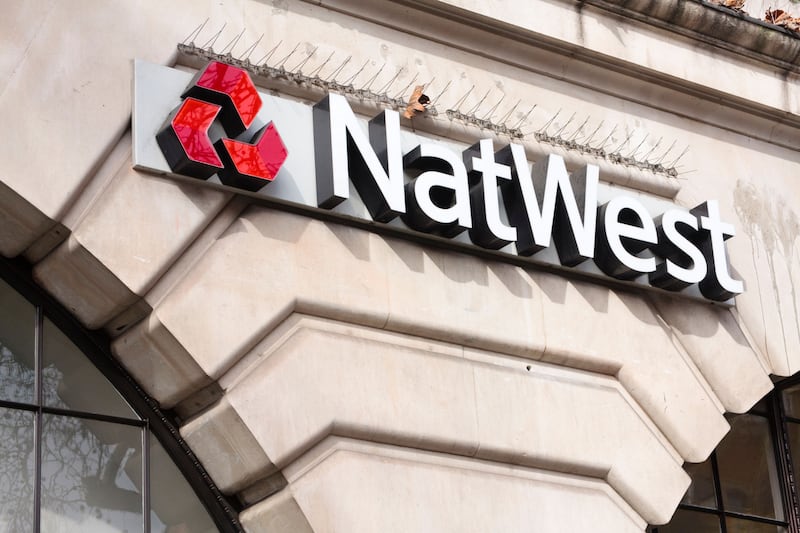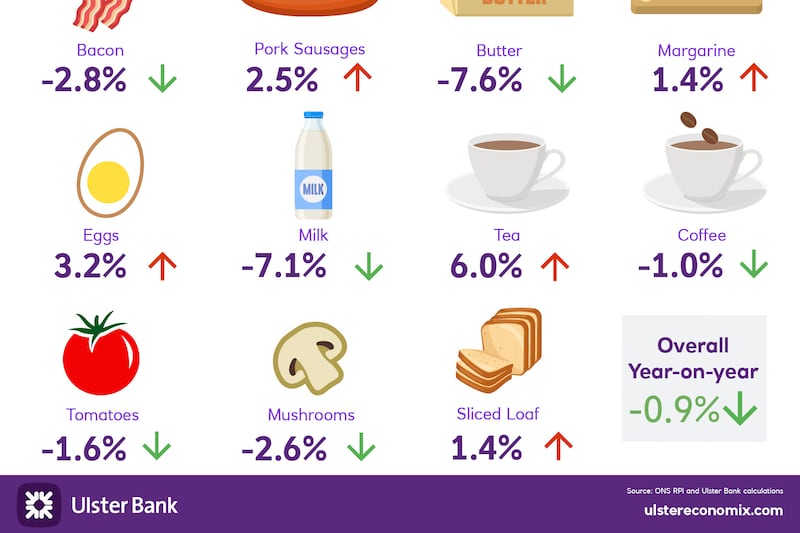INFLATIONARY pressure continued to ease for the north’s private sector last month, a new business survey from Ulster Bank shows.
The lender’s monthly purchasing managers’ index (PMI) showed prices still rising for firms here during May, but the rate of inflation has slowed significantly.
The survey, which is based on the experiences of 200 businesses across the north’s construction, manufacturing, retail and services sectors, showed the rate of input cost inflation during May was the softest since October 2020.
The rate at which businesses are passing on those costs also continued to fall last month.
The report said while higher costs led a number of companies to increase their charges, others lowered selling prices amid competitive pressures.
Ulster Bank’s chief economist Richard Ramsey described it as “a welcome slowdown”.
“It is encouraging to note that Northern Ireland’s inflationary pressures are the least marked across the UK regions,” he said.
“There were some reports of energy prices coming down, with ongoing inflation linked to higher wages.”
Overall, May’s PMI showed the north’s private sector growing for the fourth successive month. But that growth with solely driven by the services sector, with output in the retail, manufacturing and construction sectors contracting in May.
Employment growth also eased to a four-month low, but local firms increased their staffing levels at the fastest rate of all UK regions bar Scotland.
New orders maintained the same modest rate of growth as April.
Mr Ramsey said the recent purple patch of growth for the north’s retailer appears to have passed, although the PMI showed the sector is still recruiting hard.
He said the “slump” in construction orders continued and is approaching two years of continuous decline.

But again, the PMI showed construction firms increasing staffing levels to address long-standing skills gaps.
"Encouragingly all four sectors expect growth in business activity in 12 months’ time, with manufacturing the most optimistic and retail the least,” added the economist.
“But firms said that hikes in interest rates and political stagnation have been impacting on growth and cuts in public expenditure are also a concern.
“None of these factors is expected to go away any time soon."







